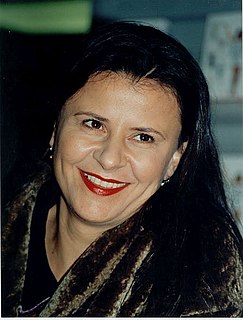A Quote by Billie Joe Armstrong
I think the working-class part of me comes out. Sometimes the people who have the loudest mouths are upper-class, upper-middle-class. The quietest are often working-class people, people who are broke. There is a fear of losing whatever it is that you have. I come from that background.
Related Quotes
The American middle class always wants to be upper class and is scared to death of being lower class. It's a highly mobile group of people. They're not like the people that want to be shopkeepers forever, have always been shopkeepers and want always to be shopkeepers. These people mostly are insulted by being called middle class.
In every conversation I've had - with housewives in Mumbai, with middle-class people, upper-class, in the slums - everyone says there is an underlying consciousness of karma. That people believe in karma - that what you're putting out is going to come back. If I do something to you, the energy of it is going to come back to me in the future.




































